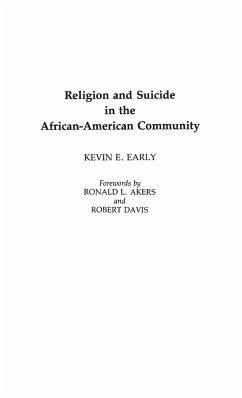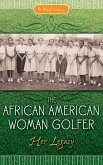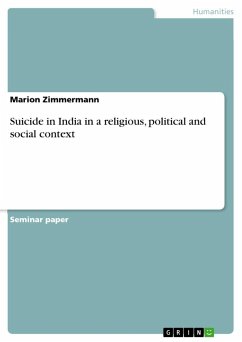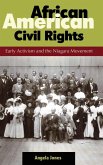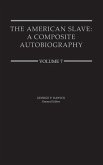Suicide among African Americans occurs at about half the rate with which it occurs among white Americans. Why is the black rate of suicide so much lower, particularly when one considers the effects of racism and other socio-economic factors on African Americans? One answer that has been offered is that churches within the African-American community have a greater influence than among white Americans and that they provide amelioration of social forces that would otherwise lead to suicide. To date no other book has provided an in-depth ethnographic study of the buffering effect of the black church against suicide. Findings from Early's study indicate that there is a consensus within the black community in terms of its attitudes and beliefs toward suicide. Early concludes that suicide is alien to underlying African-American belief systems and a complete denial of what it means to be black. This important study will be invaluable to sociologists and others studying contemporary race relations and social problems.

